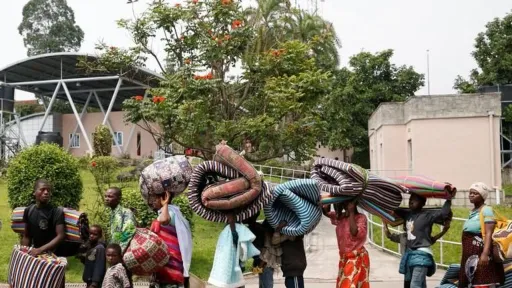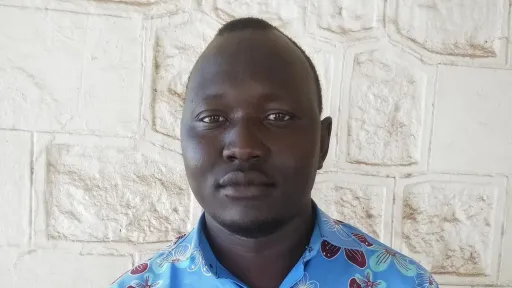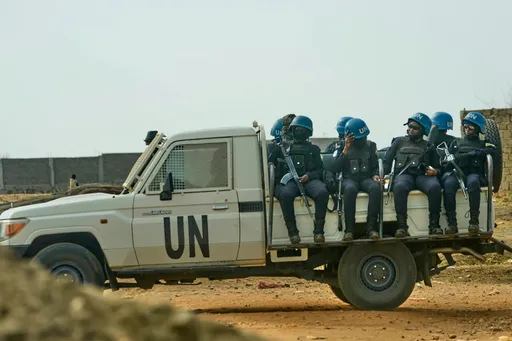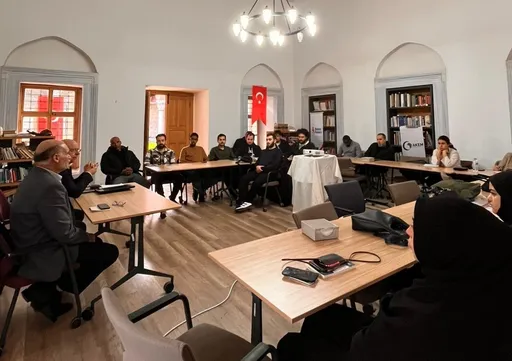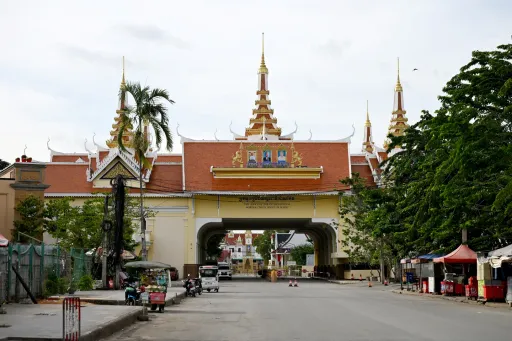The powerful earthquake that hit Morocco on Friday has left a trail of huge destruction turning the lives of millions of Moroccans upside down.
More than 2000 people have died and many more wounded making the earthquake the country's worst in more than a century.
It damaged buildings in several areas including Marrakech, the nearest big city to the epicentre, where many residents remained afraid to go back into their homes.
"The house rocked aggressively, everyone was scared, and I was shocked and I didn’t understand what was happening, Mohamed Tagafi, a resident of the city said.
Sudden vibrations
''I thought it was only my house that was moving because it’s fragile and old, I heard people screaming everyone went out of their houses, the street is full of people and women screaming that’s what’s happened,'' Tagafi said outside his home.
The shock has yet to disappear as people feel their homes were still fragile. ''Even now people can’t go back home because they're still afraid because of the last hit, the first hit we didn’t feel it. People can’t go back to their houses because they're still afraid,'' he stressed.
A mosque minaret had fallen in Jemaa al-Fna Square, the heart of Marrakech's old city, a UNESCO World Heritage site. Many historic buildings have been destroyed by the quake.
The earthquake happened after 11pm amid scorching heat. "I was on the roof of my house to get some fresh air when suddenly I felt vibrations, they felt close to me,'' Hamid Karaouane, another resident of Marrakech explained.
''In the beginning I heard a piece of metal making noise, I thought it was a cat but it wasn't, then I heard people screaming and I realised that it's an earthquake and I told my family to leave the house,'' Karaouane added.
National mourning
At least 2,012 people were killed and 2,059 injured following the earthquake that struck Morocco, the country's Interior Ministry said late on Saturday. The injuries include 1,404 critical cases.
Moroccan King Mohammed VI on Saturday declared three days of national mourning for victims of the earthquake.
Flags will fly at half-staff on all public buildings during the mourning period, the Kingdom’s Royal Court said in a statement carried by the official Maghreb Arabe Press news agency.
The Moroccan monarch also ordered the formation of a ministerial committee to develop a reconstruction plan for destroyed homes.
Beyond Morocco
The extent of the damage caused by the disaster could take days or weeks to become clearer.
The tremor was felt not only across Morocco but also in neighbouring Algeria and Mauritania. It is the worst disaster to hit the North African country in the last century.
People from around the world have been offering their condolences and messages of solidarity with growing calls for help.
In 2004, at least 628 people were killed and 926 injured when a quake hit Al Hoceima in northeastern Morocco.
The 1980, the 7.3-magnitude El Asnam earthquake in neighbouring Algeria was one of the largest and most destructive earthquakes in recent history. It killed 2,500 people and left at least 300,000 homeless.









